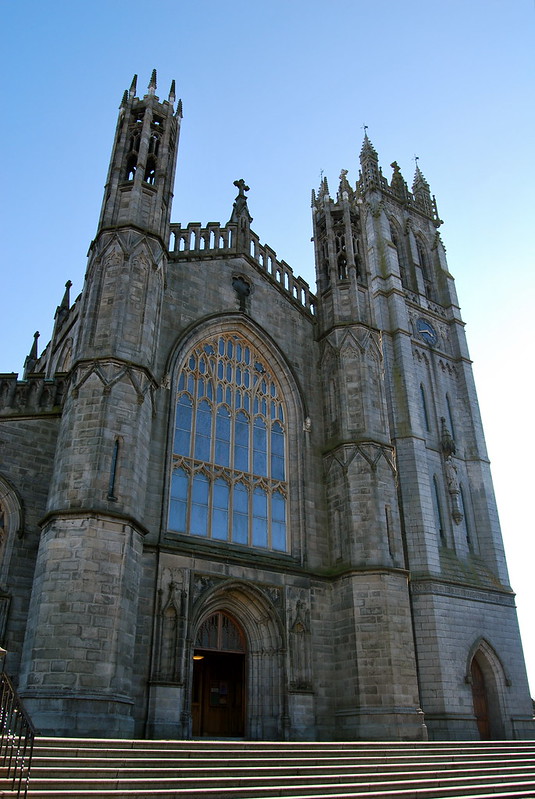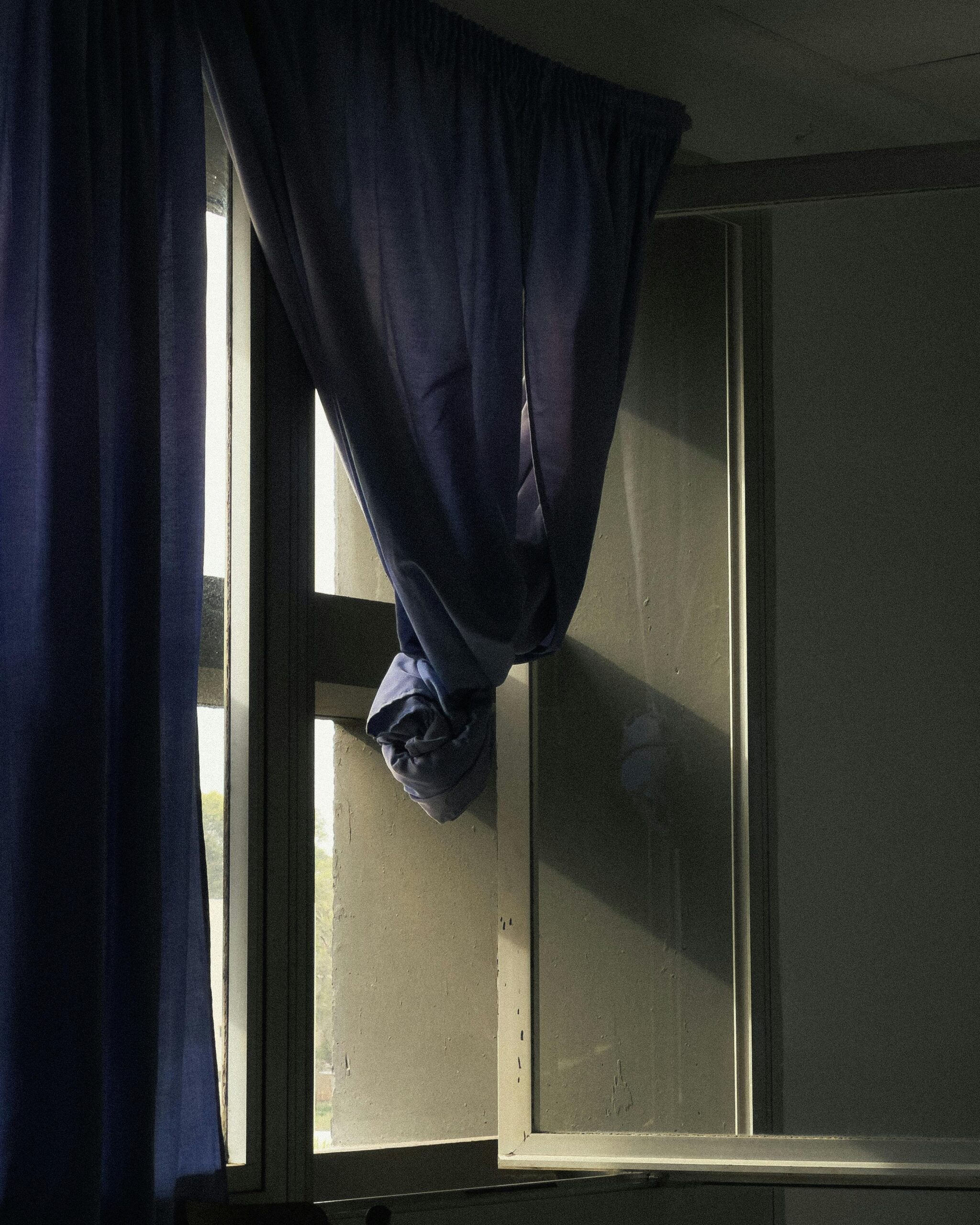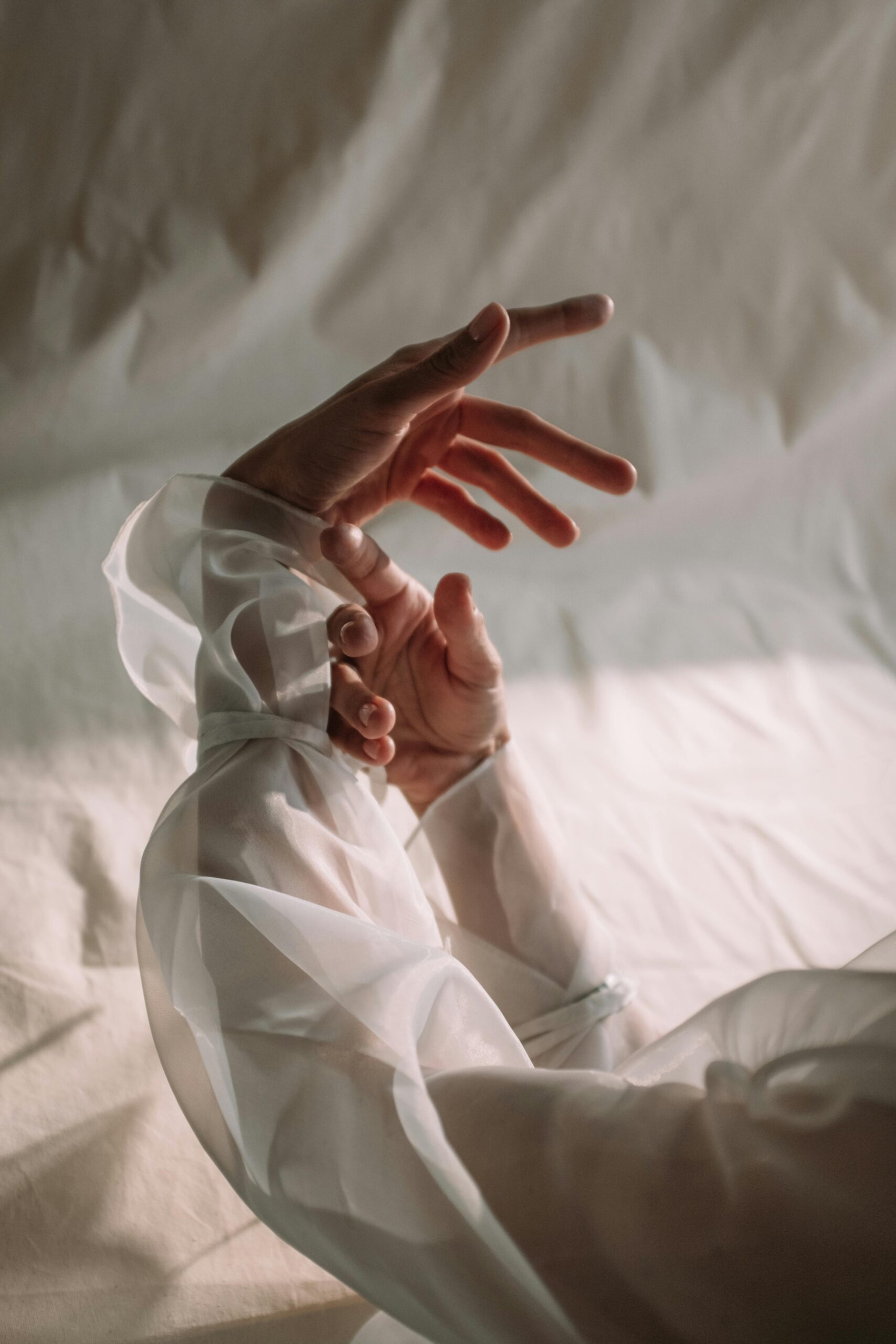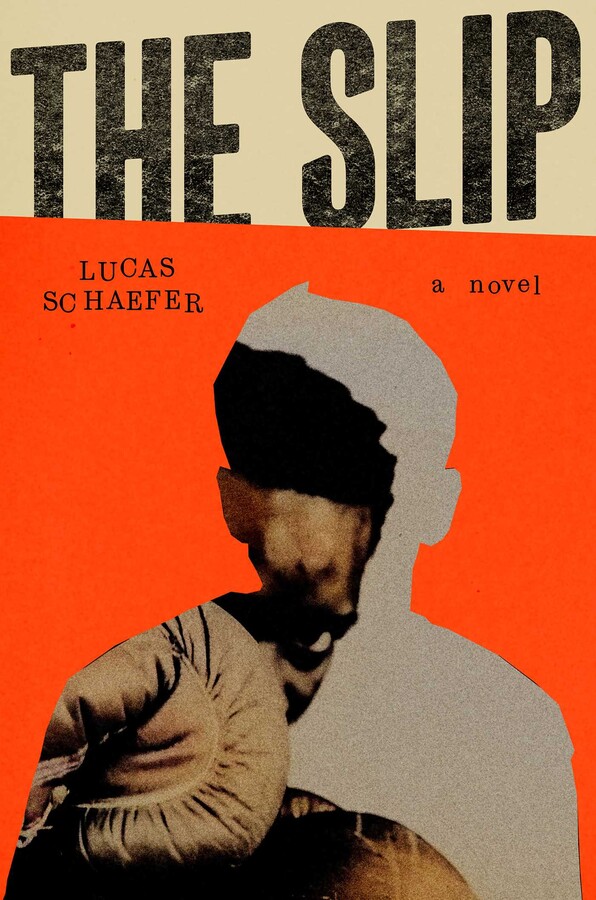By RICK BAROT
| I was jump-starting the car, having asked a stranger to hook up their car to mine. I was worried about her biopsy. Then I was talking to him about his new jacket, his awful landlord, his blinding headaches. He told me about left-isolate construction in sentences. I was writing, the work of it like a pilgrim’s progress conducted on one’s knees. Because the nights were so hot, I was unable to sleep. I was laughing because he insisted on building his own bookcases, painting them cantaloupe-orange. I was helping her clear out the backyard of junk. I was with her by the river. I was thinking of him, the taste of smoke on his lips. In the dusk, he showed me the lighthouse. I was often wondering where he was, day after day, the baseball cap that had to be taken off him to lean into his face. I was listening to the small dogs barking and making noise like small kids. I myself was being brought to heel. |
Rick Barot’s most recent collection of poems is Moving the Bones. He directs the Rainier Writing Workshop, the low-residency MFA program at Pacific Lutheran University in Tacoma, Washington.









